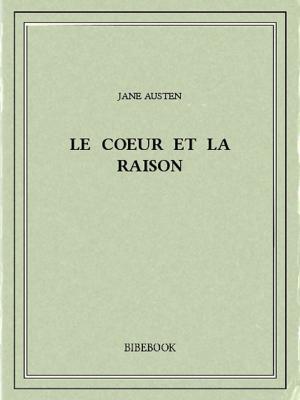| Author: | Leila Samadi Rendy | ISBN: | 9783879974597 |
| Publisher: | Klaus-Schwarz-Vlg | Publication: | March 13, 2017 |
| Imprint: | Language: | English |
| Author: | Leila Samadi Rendy |
| ISBN: | 9783879974597 |
| Publisher: | Klaus-Schwarz-Vlg |
| Publication: | March 13, 2017 |
| Imprint: | |
| Language: | English |
This book examines the relationship between space, bilingualism, and writing, and female characters’ identity formation in the late literary productions of Iranian women in the Diaspora, such as ›To See and See Again‹ by Tara Bahrampour, ›Funny in Farsi‹ by Firoozeh Dumas, ›Lipstick Jihad‹ by Azadeh Moaveni, and ›Saffron Sky‹ by Gelareh Asayesh, hereby using post-colonial and postmodern theories of bilingualism, space, autobiography and gender. Some years before and after the Islamic revolution in Iran in 1979, a huge number of Iranians migrated to western countries due to social and political problems. There is a significant body of literary and autobiographical works by Iranian writers in the Diaspora during the last 50 years. In the last two decades, more literary and autobiographical works have been concerned with the private aspect of the lives of the characters in the Diaspora and the (trans)formation of their identity and the linguistic and cultural hybridity. This hybridity and the identity issues become more significant in the works of women writers, as they are doubly marginalised as immigrants in the host land and second sex within patriarchy. There have been only a few critical works on the recent literary and autobiographical works of Iranian female writers in the Diaspora.
This book examines the relationship between space, bilingualism, and writing, and female characters’ identity formation in the late literary productions of Iranian women in the Diaspora, such as ›To See and See Again‹ by Tara Bahrampour, ›Funny in Farsi‹ by Firoozeh Dumas, ›Lipstick Jihad‹ by Azadeh Moaveni, and ›Saffron Sky‹ by Gelareh Asayesh, hereby using post-colonial and postmodern theories of bilingualism, space, autobiography and gender. Some years before and after the Islamic revolution in Iran in 1979, a huge number of Iranians migrated to western countries due to social and political problems. There is a significant body of literary and autobiographical works by Iranian writers in the Diaspora during the last 50 years. In the last two decades, more literary and autobiographical works have been concerned with the private aspect of the lives of the characters in the Diaspora and the (trans)formation of their identity and the linguistic and cultural hybridity. This hybridity and the identity issues become more significant in the works of women writers, as they are doubly marginalised as immigrants in the host land and second sex within patriarchy. There have been only a few critical works on the recent literary and autobiographical works of Iranian female writers in the Diaspora.















